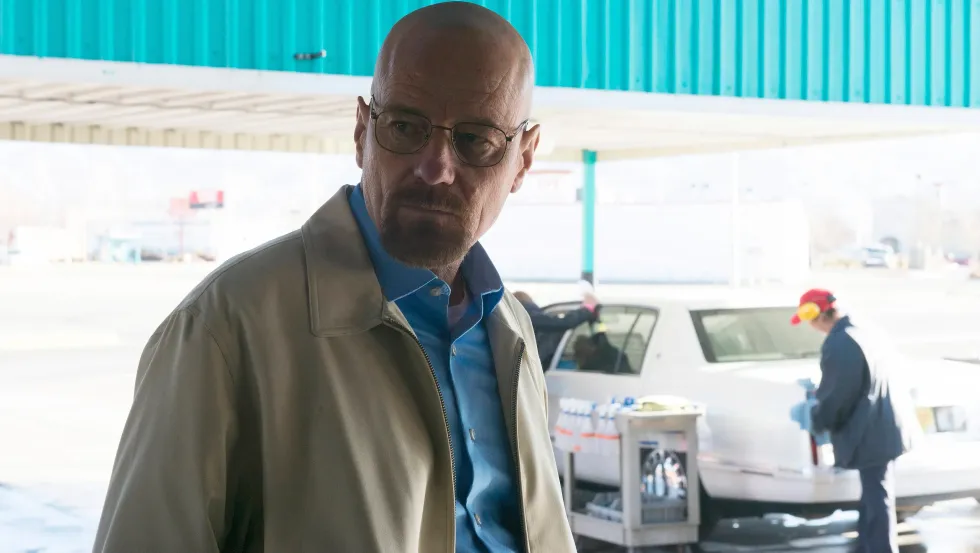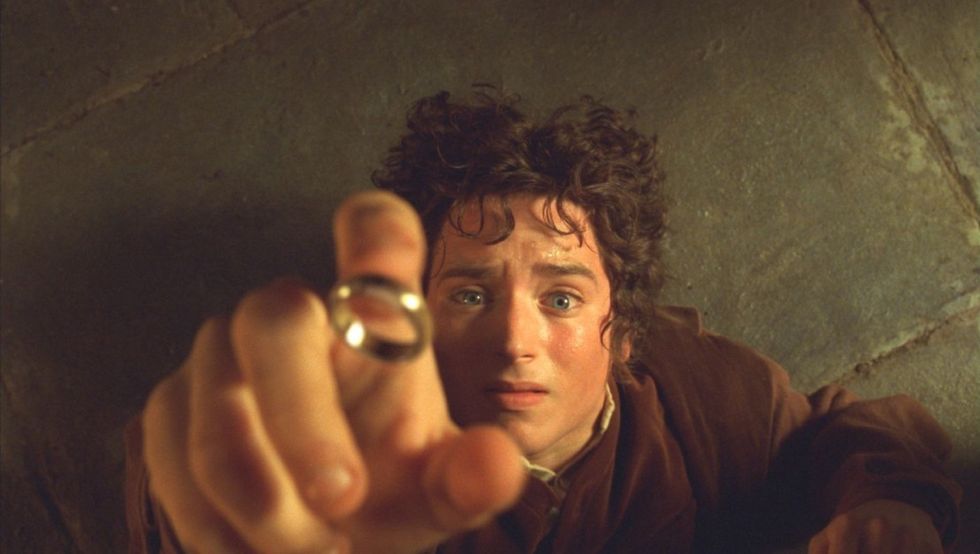What Should Your Publicist Do At a Film Festival? Q&A with a Sundance Publicist
Why is it that some films start to generate buzz at a film festival like Sundance, while others stay relatively quiet?
Sure, it can help to have an A-list cast or an explosive topic, but more often than not, the films that make a dent in the media landscape are those that have a well-prepared publicity campaign. What exactly does that mean, and how important is it to have a publicist to help your film implement that campaign? No Film School sat down with Sundance Film Festival In-House publicist Susan Szotyori to find out more about the world of film festival publicity.
You're an in-house publicist for the Sundance Film Festival. What does a Sundance publicist do?
Susan Szotyori: Sundance publicists serve as one of the main points of contact and work closely with each film team and their own publicity teams from the time their film is accepted through the end of the Festival. We help them connect with press and get the most out of their Festival experience. Sundance publicists advise and help gather critical information describing the film and materials including stills, posters, trailers, and press kits which are used to help maximize a film’s visibility. We coordinate with several departments regarding the logistics of a film’s experience with the Festival, which includes everything from making sure publicity teams have the proper tickets for press, to ensuring that the information contained in our film guide is correct. We also coordinate and staff each film’s press line at their premiere where we arrange photos and interviews on-site. If a film team opts to hire a publicist, we work closely with them; If they don’t, we pitch press on their behalf. Sundance publicists also track media coverage and assist in assembling press clippings and archive materials.

How did you get involved in publicity? What attracted you to the field?
SS: I was actually in the middle of applying to law school when a publicist I had sent my resume to called and asked if I was interested in an internship at her firm. Law school was still a year away, so I had been applying to jobs and internships that involved writing and had several hands-on opportunities. I accepted her offer and, immediately knew that publicity was the career for me. I was especially drawn to the pitching process — seeing a film, dissecting it into all the different ways that can be pitched, reaching out to and working with press, and then, after all those processes, seeing the end result — a story about the film.
Press often have a cap on how many films they can cover during a Festival and a publicist will help boost your film’s chances of obtaining that coverage.
How important do you think it is for a film to have a publicist? Can a film do DIY publicity and still be a success?
SS: For feature films, a publicist is highly recommended. They can give your film the individual attention it needs and really maximize its press potential. Press often have a cap on how many films they can cover during a Festival and a publicist will help boost your film’s chances of obtaining that coverage.
For short films, filmmakers oftentimes opt not to hire a publicist — especially if the Festival provides an in-house publicist such as Sundance. If they opt not to hire a publicist, the Sundance publicist is then responsible for pitching press on the film’s behalf. They will help connect filmmakers with press and will facilitate the logistics of interviews.
Films that opt to do their own DIY publicity campaigns can be, and often are, successful. Part of a successful campaign depends on the strength of your outreach, a well thought out and strategic approach, and a good relationship with Festival audiences.
The thing to remember is that publicists have a good working relationship with members of the press and know what outlets would be the best fit for your film. Also, press comes in many forms — review pieces, interviews with the director, crew, and talent, and social media outreach. A good publicist will know how to utilize each facet of press and apply the best approach for your film.
Films that opt to do their own DIY publicity campaigns can be and often are successful. Part of a successful campaign depends on the strength of your outreach, a well thought out and strategic approach, and a good relationship with Festival audiences.

What should a publicist be doing for your film before and during a festival like Sundance?
SS: Before the Festival begins, a publicist will start reaching out to press in order to set up interviews and press opportunities before, during, and after the Festival. They also ensure that media will be present during the film’s press line and work closely with the Sundance publicist to ensure the logistics of their film’s press line are in order. During a film’s press line, the publicist is on-site to facilitate the arrival of talent and help connect talent with media that are present. They manage the film team’s schedule and coordinate their event attendance.
When a filmmaker hires a publicist, are they around for the premiere only, or the entire festival run? What's most common?
SS: For larger films, publicists often stay for the duration of the Festival. They’re there to set up and facilitate interviews and ensure that press are invited and have access to each one of the film’s screenings. Some publicists and PR teams opt only to attend the first half of the Festival when the majority of press and filmmakers are in attendance. In some instances, smaller films with smaller budgets will have publicists working and setting up press opportunities remotely. The length of their stay often ties into the needs of your film, budget, and the availability of the director and talent.
Sometimes, several strategically placed articles are more valuable than one piece in a big name outlet. A publicist will help manage expectations and set strategic goals for your film. Publicists know their outlets well and have an established relationship with press.
What's the best way for a filmmaker to decide which publicist to hire? Are there things you should look for in a good publicist?
SS: Definitely do your homework! Look at the films they’ve worked on in the past, talk to them and ask lots of questions. Do they tend to work on documentaries or features with big-name talent? Also, think about your film’s needs. Do you need a larger firm with a full publicity team or a boutique-size firm with a smaller team? A well recommended freelance publicist may also be a good fit.
A good publicist will work closely with you to figure out the outlets that would be the best fit for you and your film. Sometimes, several strategically placed articles are more valuable than one piece in a big name outlet. A publicist will help manage expectations and set strategic goals for your film. Publicists know their outlets well and have an established relationship with press. They know who at each outlet to reach out to and how best to market your film.

If a filmmaker opts to do their own publicity, what advice do you have for them?
SS: Do your research before attending the Festival. There are publications available that explain the basic steps of publicity and marketing. Going into a Festival with some working knowledge of how to publicize your film will help in the long-run.
Network! Festivals host several events that can help you meet press. With so many press on the ground at a Festival, the opportunities are aplenty. Also, connect with other filmmakers. They may be able to recommend with press that they’ve worked with before.
Really break down your film and utilize the myriad of things that may interest press in your film. For example, one of my films is a comedy, but a main actor is well known for their previous work in horror films, so an outlet dedicated to covering horror films ran a story about it. There are several different ways to publicize your film. Get creative!
Has social media changed the landscape of publicity for a film? What changes have you seen in the landscape of getting eyeballs, notoriety, and publicity for a film over the years?
SS: Social media is vital. It’s a fantastic way to directly connect with audiences and spread the word about your film. Creating good social media buzz before your Festival helps ensure that audiences will be talking about your film. Audiences enjoy witty, relatable, and clever campaigns. Know your demographic well and tap into their interests.
***
Thank you, Susan!
Check out Susan on Twitter to see her projects and PR work galore!
Have you had experience working with a Publicist or a PR Team at a festival? How about a DIY publicity campaign?















